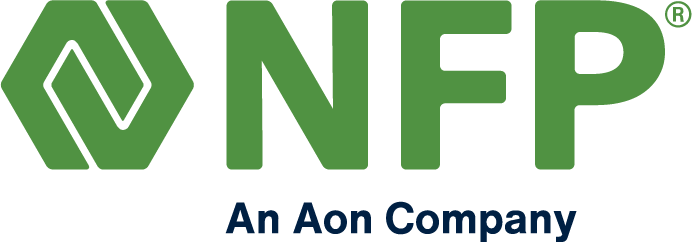CLAWBACKS—IS TOMORROW Dodd-Frank DAY, our D-Day?
“The interval between the decay of the old and the formation and establishment of the new constitutes a period of transition which must always necessarily be one of uncertainty, confusion, error, and wild and fierce fanaticism.”—John C. Calhoun
CLAWBACKS—IS TOMORROW Dodd-Frank DAY, our D-Day?
After speaking with the SEC, NFPCC inferred that tomorrow, Wednesday, the SEC will propose the clawback rules required by the Dodd–Frank Wall Street Reform and Consumer Protection Act. If true, this will bring an end to an issue boards have wrestled with for five years. As you’ll recall, the Dodd-Frank rules came out in 2010.
Here is the SEC’s announcement and information about the meeting tomorrow, July 1, 2015.
Pub.L. 111–203, H.R. 4173; commonly referred to as Dodd-Frank, was signed into federal law by President Barack Obama on July 21, 2010 at the Ronald Reagan Building in Washington, DC. Passed as a response to the Great Recession, it brought the most significant changes to financial regulation in the United States since the regulatory reform that followed the Great Depression. It made changes in the American financial regulatory environment that affect all federal financial regulatory agencies and almost every part of the nation’s financial services industry.
The Rule and Its Origins
The clawback provision was first passed under the Sarbanes-Oxley Act of 2002. However, Dodd-Frank has given the SEC additional powers to clawback compensation, such as bonuses, from executives under certain circumstances. Specifically, the law will require the national securities exchanges and national securities associations to prohibit the listing of an issuer that does not comply with those clawback provisions. Once the SEC’s rule is enacted, companies will be required to recover certain monies from executive officers if an accounting restatement occurs as the result of a material noncompliance with financial-reporting requirements under securities laws.
The Dodd-Frank clawback provisions are intended to be significantly more expansive than is the clawback provision under Section 304(a) of Sarbanes-Oxley. For instance, under Sarbanes-Oxley, clawbacks of compensation were linked to restatements brought about “as a result of misconduct” and were limited to CEOs and chief financial officers of public companies. Under Dodd-Frank, however, compensation may be clawed back even if such misconduct has not occurred—and it would be clawed back for all current and former executive officers, and as the link below suggests, possibly even more employees of a company may be included. Companies covered by the provision will most likely be required to disclose their policies in their annual proxy statements. Executives will also be required to return excess incentive compensation earned over a period of three years prior to the erroneous previously filed financial results. NFPCC finds this interesting and hopes the SEC and IRS are coordinating on this issue because, if monies are returned, then taxes paid will need to be returned by the IRS to the executives that were “clawed-back.”
Further, for companies and their executives to fully understand the scope and terms of the new rule, we hope SEC will address several areas. Chief among them are:
– Who will be considered an executive officer for purposes of the clawback provisions? Will the rule cover all executives in the C-suite, such as the chief compliance officer, chief information officer, and chief legal officer?
– What is the definition of a restatement? Is a company required to have filed an amended financial statement?
– Will every restatement be considered a result of “material noncompliance” with the financial-reporting requirements?
– Will profits from stock sales be subject to clawback similar to the current rules?
We hope we get some closure. For boards and their advisors, it is extremely hard when something with far reaching implications, like Dodd-Frank, takes five years for implementation. NFPCC knows that this act is a source of contention within the SEC and that they also struggle with the same questions. We will stay tuned for more information and hope for closure tomorrow along with common practicality.
https://www.marketwatch.com/story/clawback-rules-close-to-sec-approval-2015-06-03






